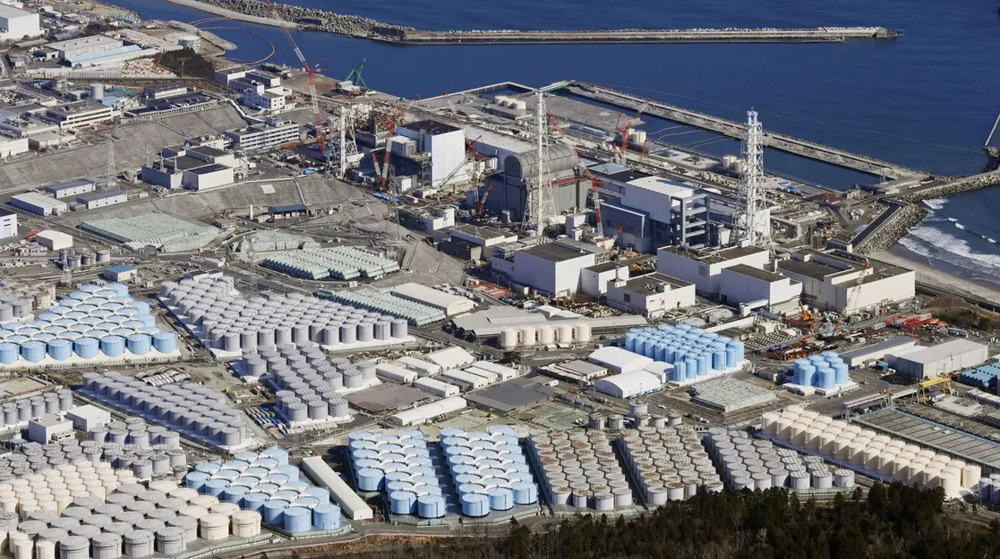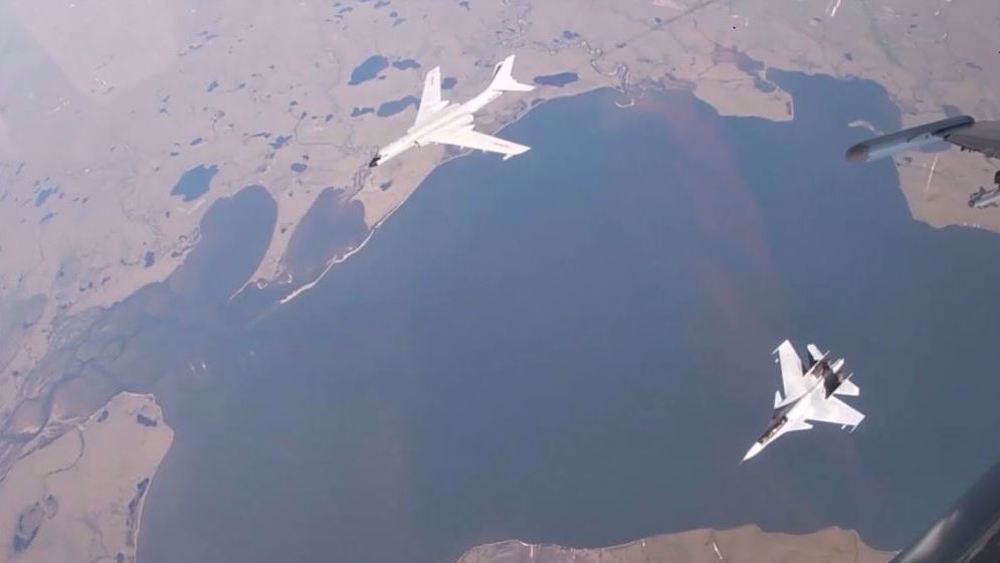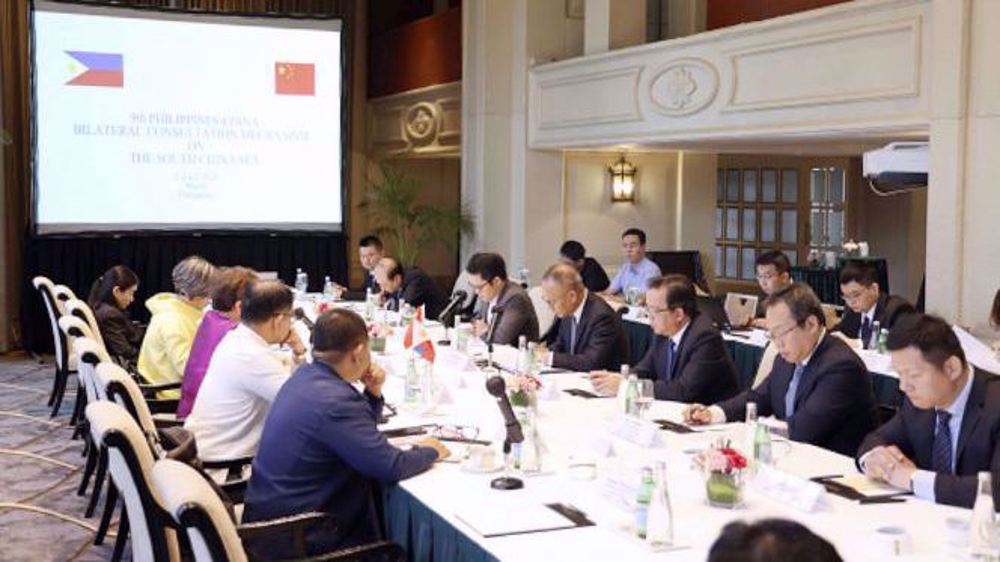Japan nuclear regulator approves Fukushima radioactive water release
Japan's nuclear regulator on Friday has given Tokyo Electric Power Co. (Tepco), which operated the crippled Fukushima Daiichi nuclear power plant, permission to begin releasing more than one million tons of radioactive water.
On Tuesday, the International Atomic Energy Agency (IAEA) said a two-year review showed that Japan's emissions program would have negligible impacts on the environment.
The certificate from the Japanese regulator is the last step, the tool needed to start the process.
Meanwhile, China's customs announced on Friday that China will ban the import of food from about a fifth of Japan's provinces for safety reasons, referring to Japan's move to dump nuclear-contaminated water into the sea.
China, Japan's biggest buyer of seafood exports, said it would also strictly scrutinize documents for food, especially aquatic products, from other parts of Japan, customs said in a statement.
China's customs announced that it will continuously strengthen the detection and monitoring of radioactive materials to ensure the safety of food imported from Japan in a food ban from 10 prefectures.
China said the move was to prevent the export of radioactively contaminated Japanese food to China and protect the food safety of Chinese consumers' imports.
China’s foreign ministry on Thursday said that the IAEA report cannot be used as a “green light” for the water release plan and warned of unknown risks to human health.
For weeks, China has publicly voiced its strong opposition to Japan's move to dump radioactive treated water into the sea.
"The Japanese side still has many problems in the legitimacy of sea discharge, the reliability of purification equipment, and the perfection of monitoring programs," Chinese customs said.
Some 1.33 million cubic meters of groundwater, rainwater, and water used for cooling have accumulated at the Fukushima site, which is being decommissioned after several reactors went into meltdown following the 2011 tsunami that badly damaged the plant.
VIDEO | Press TV's news headlines
July 26: ‘Axis of Resistance’ operations against Israeli occupation
Palestinian resistance fighters hit Israeli Merkava 4 tanks
VIDEO | UK police brutal assault on Muslim family sparks outrage, protests
Hamas: Death of leader in Israeli jail amounts to murder
EU sends €1.5 billion to Ukraine from frozen Russian assets
VIDEO | Millions of Yemenis rally for Gaza, call for more anti-Israel operations
UN chief calls for Olympic truce as games begin in Paris










 This makes it easy to access the Press TV website
This makes it easy to access the Press TV website